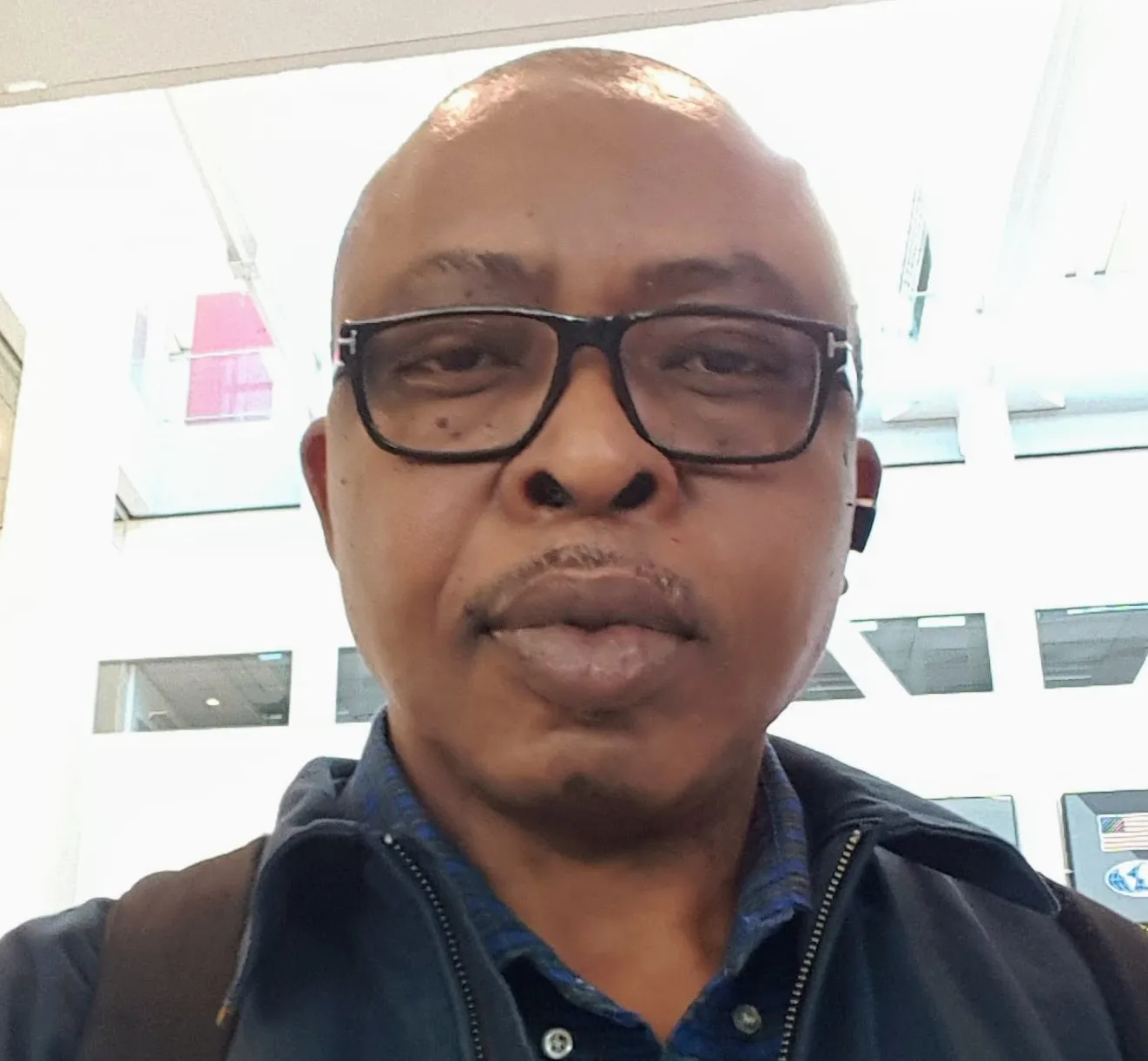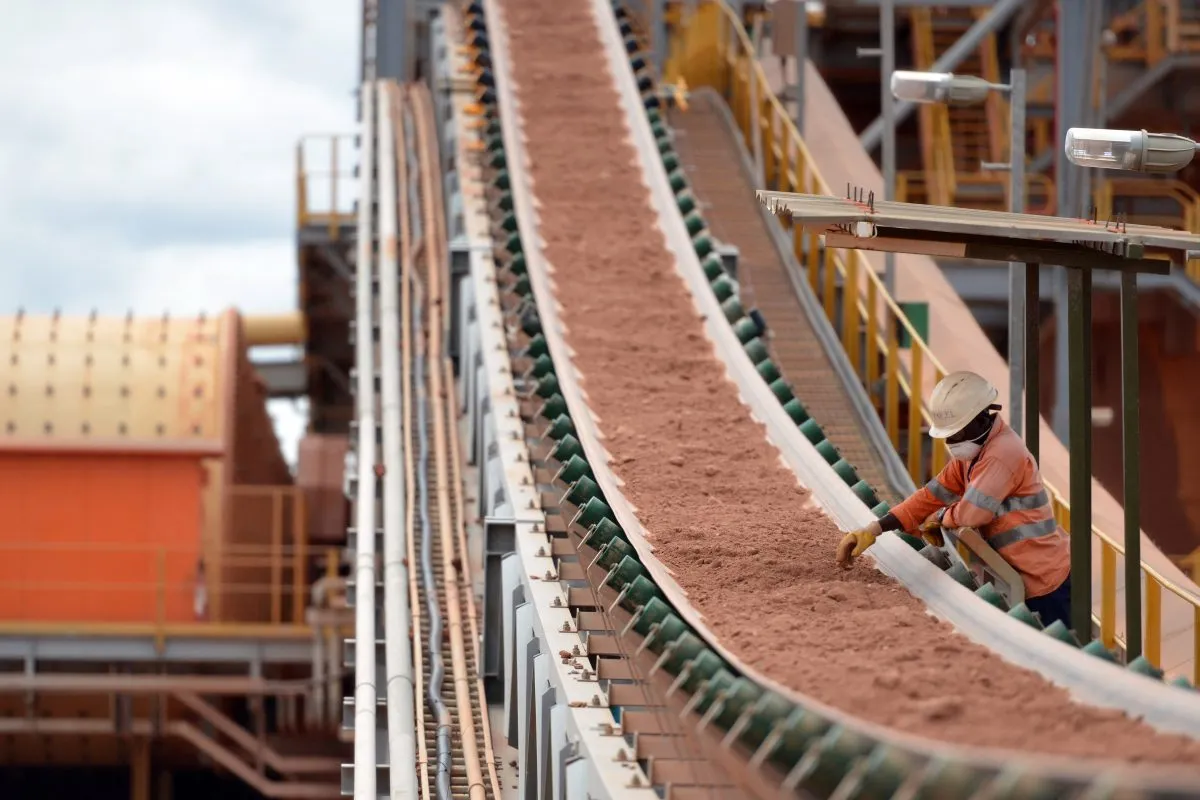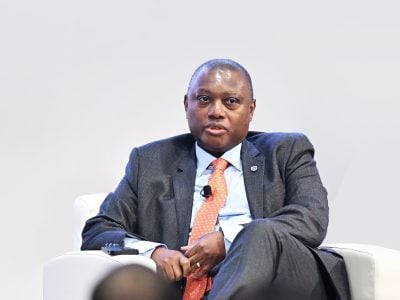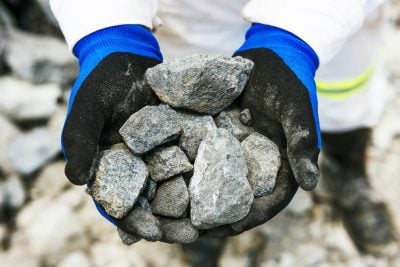At the 2024 annual mining conference in Toronto, which is reputed to be the world’s biggest annual mining event, the turnout of 26,926 was unprecedented. And the hot topic was critical minerals.
“Canada is poised to lead the green transition as the supplier of choice for responsibly-sourced critical minerals,” Ray Goldie said of the conference of the Prospectors and Developers Association of Canada, of which he is president. “It is imperative we bolster our critical mineral wealth.”
A fact not lost on most participants is that many of these critical minerals are lying underneath Africa’s soil. Apart from having 30% of the world’s known mineral reserves, Africa is either first or second in stocks of critical minerals including copper, cobalt, bauxite (aluminium ore), manganese, graphite and coltan, an ore of niobium and tantalum; and of the rare earth minerals that are vital to energy-transition technologies.
Miguel Kashal Katemb, managing director of the Regulatory Authority for Subcontracting in the Private Sector of the Democratic Republic of Congo (DRC), estimated that his country alone has more than $20 trillion worth of unexploited mineral reserves, including the largest reserves of coltan, and huge copper and lithium reserves. It already contributes 70% of global cobalt production.
So while the general conference was going on, a sub-conference unfolded on Africa, jointly overseen by the Canada-Africa Chamber of Business and Mine Africa (a sibling organisation promoting African mining opportunities in Canada). It was a platform for more Africa-focused conversations and deals, featuring the traditional stars of African mining from the west and south of the continent as well as ambitious newcomers.
Canada, which is home to almost half of the world’s publicly-listed mining and mineral exploration companies, is a major investor in African mining. With $37bn of Canadian mining assets in Africa, according to government figures, the continent is the Canadian industry’s second-largest investment destination after the Americas.
Canadian mining assets in Africa increased in value by 4.9% between 2021 and 2022: countries which registered notable increases in Canadian assets include the DRC (+$469.2m), Mali (+$488.6m), South Africa (+$327.6m), Tanzania (+$370.2m) and Zambia (+$622.1m). In 2022, Canadian companies were present in 98 foreign countries and mining assets abroad accounted for about two thirds of their asset value. The consensus of many speakers at the event was that Africa is still not getting a fair benefit from its rich mineral endowments.
“As of 2022, Africa accounted for less than 5% of the global mining revenue,” despite having 30% of the reserves, said Peter Marrone, the chief executive officer of Allied Gold Corporation, a Canadian miner with interests in West and East Africa.
Investment needed
To bridge this gap, there is a need to attract more capital and expand investments, according to Marrone. This imperative is supported by Africa’s current demographics: a growing population with an average age of 18, that is also an enlightened “tech-savvy” labour force, he said.
“In an era marked by limited funding and low market values in the mining sector, Africa-focused mining enterprises, together with local governments, must unite to unearth the unparalleled opportunities lying within the continent.”
That is a challenge that several industry experts acknowledged in their presentations. Several African governments are already rising to it by offering more streamlined and predictable regulatory processes. In what was characterised as the “Africa model”, mining companies are being offered between 10% and 20% local ownership, considered better than what is obtained in more developed regions of the world. This is in addition to other fiscal incentives such as tax breaks and waivers.
Local content to build skills and value
For African government representatives, a common refrain was the need to ensure that there is more “local content” in the form of processing facilities that employ local people who can gain skills while adding value to the minerals before they are exported.
“Everyone knows what the local content means these days: to promote the local people,” said Miguel Kashal Katemb, of the DRC regulator. Developing a local value chain is vital “so we can reduce the poverty in our countries”.
The necessity for increasing local participation is illustrated by the sheer value being extracted from the country’s soil, according to Katemb. In the face of increasing competition for Africa’s mineral resources, more African governments are incorporating requirements for increased local participation in the mining process and local retention of value. This was one point on which the mining companies seemed to agree was necessary for sustainability and peaceful coexistence with host communities.
Nigeria, for decades known as Africa’s top oil producer, was also at the Canadian mining event, touting its potential in gold, lithium, uranium and several rare earth metals. Canadian companies have taken up the challenge, including DFR Gold, which is prospecting for gold in a joint venture with PW Mining, a unit of Nigeria’s BUA Group. The reason for the company choosing to invest in Nigeria is that it has a favourable geology for mining, according to DFR Gold chief executive Brian Kiernan.
“The geology is perfect for us, it’s exactly what we wanted,” he said. “The second one is good partners. And something I have noticed in Nigeria is that everybody is a businessman. And that helps a lot.” The emphasis of the current government of President Bola Tinubu is on adding local value before export. The government had celebrated when Chinese company Shenzen LEMI Technology Development Company signed an agreement in December to set up a $250m lithium-battery factory in the country’s Nassarawa state. Orosur Mining, a Toronto-based company, last year won concessions to explore lithium in central Nigeria.
International attention
Amid several summits held with African leaders by global powers including the US, Russia, China, UK, France and Italy, all aimed at securing supplies and critical African resources, Canada is also reviewing its Africa strategy. Consultations, which began last year with the Canadian public and experts, aim to take into account the emergence of the African Continental Free Trade Area (AfCFTA), in forging new relationships and diversifying investment opportunities.
For Canadian companies such as Allied Gold, increased geopolitical risk is not a deterrent as long as the opportunities remain profitable.
“There is some geopolitical risk in some parts of the continent,” said Marrone. “But with that also comes impressive returns, and that should be the focus.”
Want to continue reading? Subscribe today.
You've read all your free articles for this month! Subscribe now to enjoy full access to our content.
Digital Monthly
£8.00 / month
Receive full unlimited access to our articles, opinions, podcasts and more.
Digital Yearly
£70.00 / year
Our best value offer - save £26 and gain access to all of our digital content for an entire year!

 Sign in with Google
Sign in with Google 



